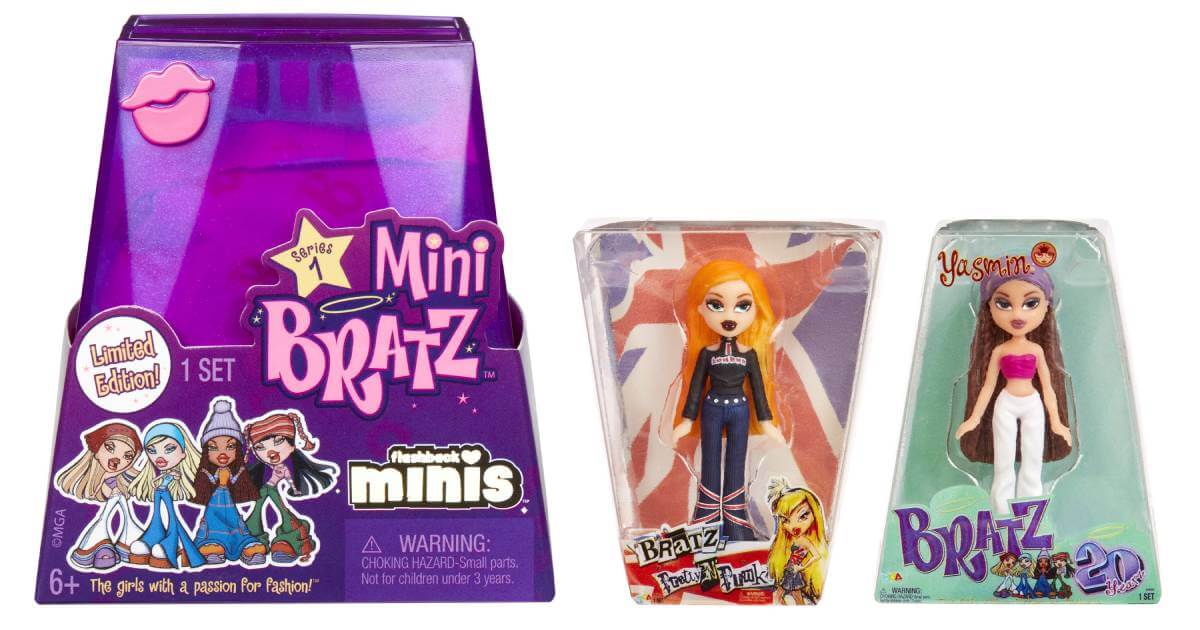‘Kidult’ Products Get More Play

As sales of “kidult” products continue to grow they’re starting to get play as a separate category.
And while the kidult business is still small—it makes up about 5% of overall toy sales but 25% in the UK—its reach extends not only to toys but also categories like apparel and accessories.
It’s a business segment that has always existed, but has seen massive growth due in large part to the nostalgia trend that took hold during the pandemic.
“The uplift in kidult was exaggerated by the pandemic and we don’t see this trend slowing down. We are continuing to invest in it,” said Mindy Puente-Escalera, SVP of global licensing for MGA Entertainment. “It’s extending to other categories like fashion. People are partnering with nostalgic brands and that is giving it some staying power as well. We are seeing a real trickle-down effect into other categories, so there is a great lift on the licensing side into footwear and apparel where people want to wear and relive the brands they grew up with during their childhood.”
These catered kidult assortments are largely being carried by retailers in the toy aisle or apparel section. And, for the most part, kidult marketing is centered on social media with a focus on influencers and TikTok trends.
MGA Entertainment, for example, relied heavily on social media when it targeted adult consumers with a line of Bratz-branded miniature cosmetics along with mini-figures that were promoted online by Walmart as “Y2K Nostalgia.” In another agreement that played on the nostalgia trend, LOL Surprise Mini Sweets Dolls marked MGA‘s entry into in-bound licensing through deals with Hershey’s Kisses, Chupa Chups, Smarties, Whoppers, and others. The company also has U.S. licensing deals with Puma (footwear) as well as Mad Engine and Isaac Morris (apparel).
Hasbro is also at the forefront of the kidult effort. The toymaker launched Real Ghostbusters collectibles under Kenner Classics, a brand it acquired in 1991, in advance of the Ghostbusters: Afterlife film and broadened distribution that had previously been limited to Walmart for two years.
“Kidults are looking for inspiration from what they grew up with and those characters from their childhood,” Punete-Escalera said. “All the characters, TV shows, and films are really what we seeing start to resonate and that is what is driving our strategy and that of the competition as well.”
That competition also stretches into apparel, where Primark recently launched a Bratz collection featuring nightshirts and pajamas. MGA also introduced shoes and handbags under its Rainbow High brand. Streetwear brand Dolls Kill, meanwhile, recently launched collections under Universal Pictures’ Casper The Friendly Ghost and Jon Goldwater’s Archie Comics brands.
“Higher price points and more retailers are supporting a wider variety of collector products and the kidult customer is now being catered to with product available at mass, specialty, and online,” said Stacey Kerr, senior vice president for global licensing at Sony Pictures Consumer Products.




